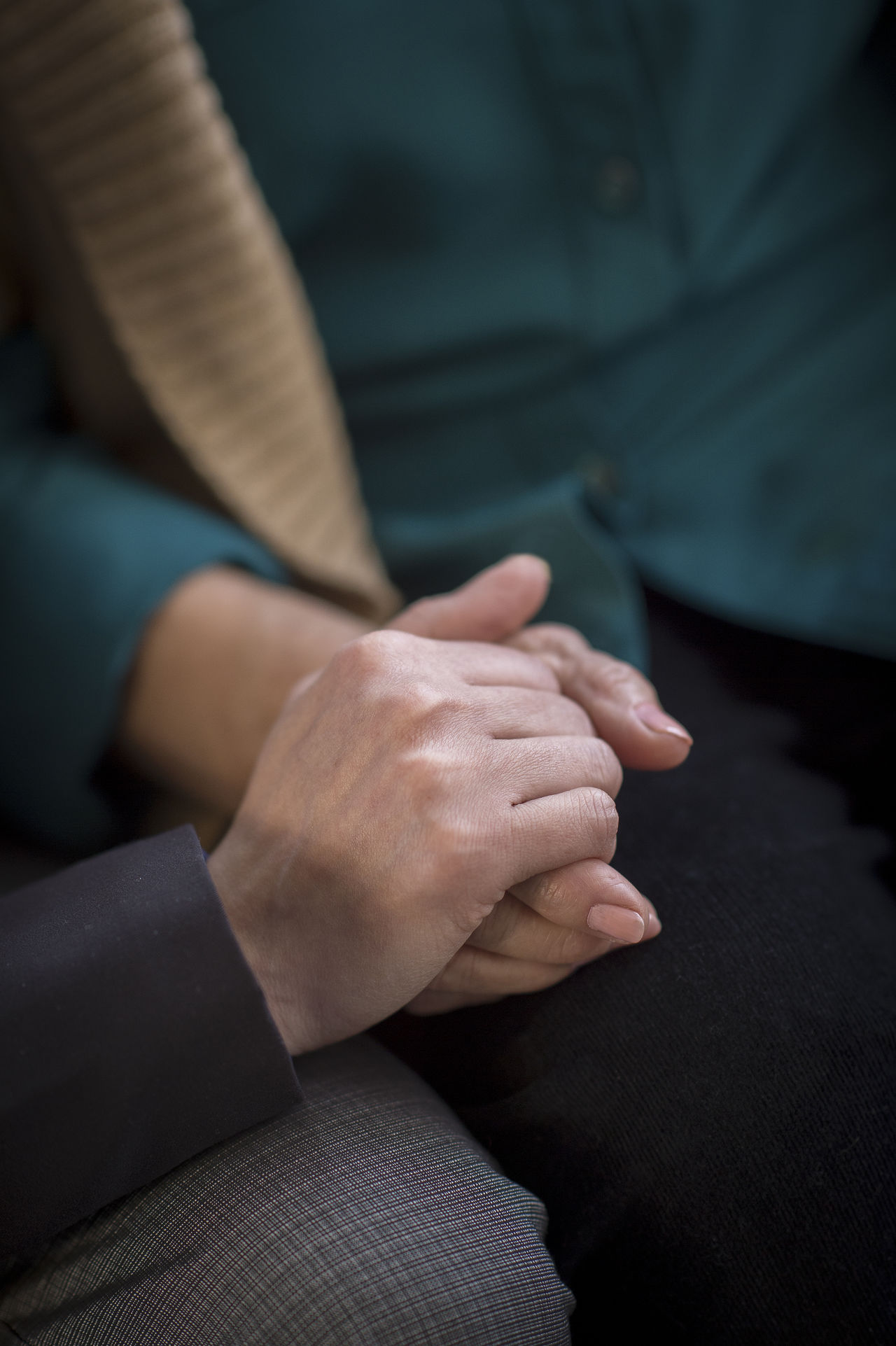AARP Hearing Center

In our culture, the ALF – and the other acronymed places for the elderly, fragile, and disabled – constitutes both the family, those at-hand, and village, out-there in the social order. The caregiver is the person at-hand in assisted living. For me, she – and it’s almost always she - cleans my glasses, opens my mail, dresses and undresses me, showers me, puts me on and takes me off the toilet, wipes me. What kind of person does it take to do all that – with heartfelt feeling?
Choosing the caregiver, then, is an important administrative responsibility. Finding the right person means scrutinizing the motivations of the applicant. If she –and the ALF reside in a university town, like mine, and the job seeker happens to be a college student, who saw an ad on Craig’s List – as is often the case, the ALF administration needs to shop among a number of catalysts to become a caregiver.
Talking with caregivers over the decade that I’ve been a resident, I’ve found there are many incentives. They range in breadth from just needing any job to preparing for a career as a nurse or doctor, or a line on an application to nursing school. Some potential caregivers need work that fits easily into a school term’s course schedule. Some students want to show a multi-dimensional persona on a job application; some need community service for course credit; some sororities require members to volunteer; and, hopefully, for us, the residents, some applicants actually want to help others.
Quite a mix. No wonder care varies; that the quality and reputation of the institution rises and falls; and that dignity and compassion are really provided, or merely words spoken to prospective residents’ families and written in brochures and on websites.
Those of us who have cognition are alert to the subtle signs that ripple across the relationships of those who give care and those who receive it.
I can tell which caregivers actually care; which care less; which are hung over after a night of partying; which call in feigning illness; which are stressed out and hurried because of short staffing; which try not to answer calls in order to study for a next day’s test or get in a smoke, and worst of all – those who are lazy or don’t like the person in need.
And best of all - those who empathize.
It’s in the name.































































